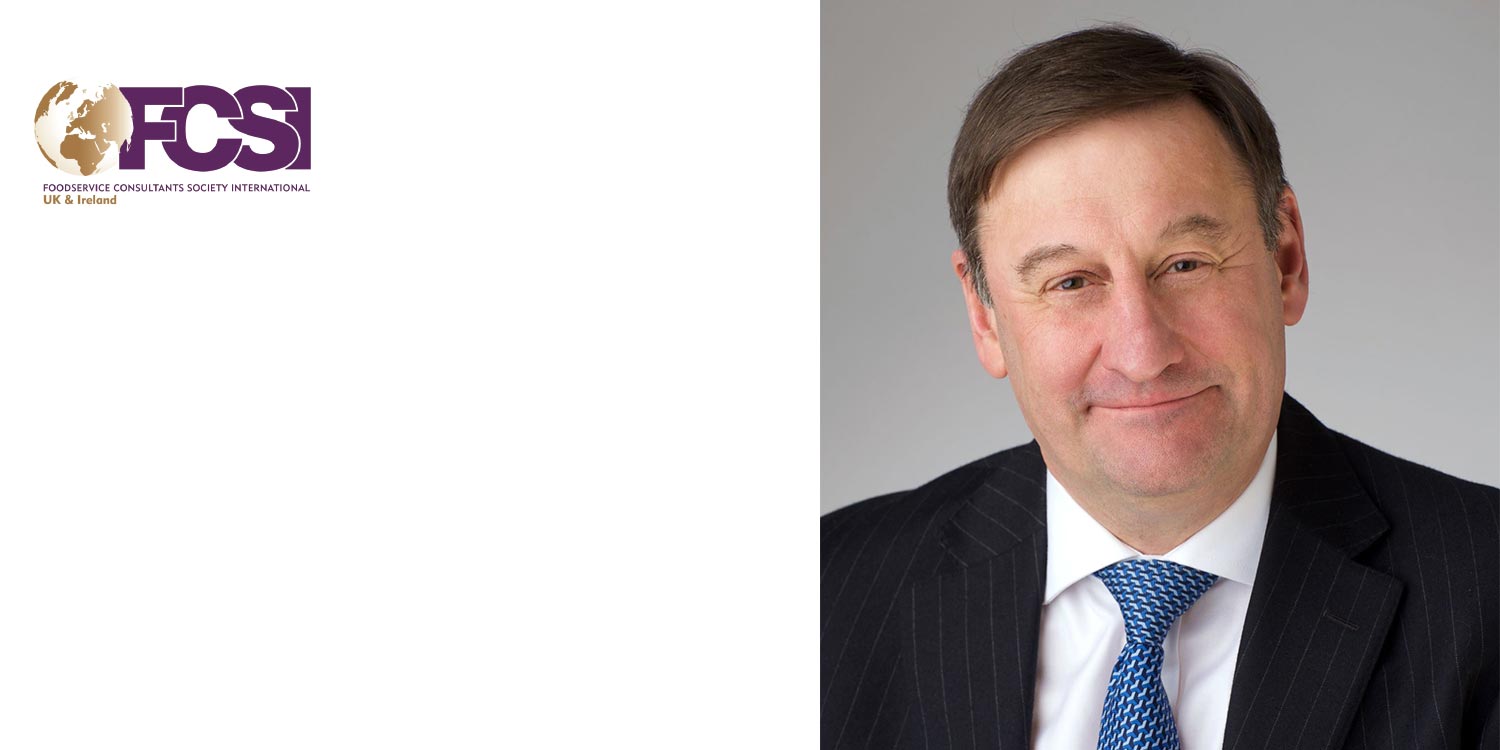The myth of ‘free catering consultancy’
There are many things that are of great benefit being free: free healthcare from the NHS, free education up to the age of 18, free infant school meals and free access to many open spaces in the UK. But we all know these are not free; they come at great cost and are funded from income and local taxes. So how can some so-called ‘consultants’ and commercial catering equipment suppliers claim they are offering ’free catering consultancy’?
From a management consultancy perspective, tendering catering services is not a cost-free process. When this is offered, the caterer who is awarded the contract pays the ‘consultant’ who undertook the tender exercise and simply hides the cost in the client’s bill, in either mobilisation or other costs charged on a monthly basis. Furthermore, the legal relationship is then between the caterer and the ‘consultant’, not the client, and this often results in the client paying significantly more for the service over the life of the contract. An even worse scenario is where the ‘consultant’ is paid from savings, and this moves the focus away from the best interests of the client towards price. The so-called ‘consultant’ has little interest in quality, food provenance, service delivery, food safety or environmental impact.
It is similar with design. Equipment suppliers and installers who offer a ‘free design and planning service’ recoup their costs from the equipment they sell. Therefore, the client pays for the service from having equipment that is offered not on the basis of energy efficiency, lower lifecycle costs, reliability or sustainability, but on which equipment manufacturer gives the equipment supplier the greatest profit. Furthermore, the real cost of producing every layout that is not successfully followed by a purchase results in the costs having to be passed on by the equipment supplier to the projects that they are successful on. In addition, an equipment-led design results in a kitchen being planned on the basis of what equipment can be sold, rather than on what is needed to deliver the food service offer that the client requires.
Ultimately, if you want independent, professional advice, an FCSI consultant is the right solution; otherwise, you may end up paying for ‘free consultancy’ for a very long time.
Matthew Merritt-Harrison, FIH, FCSI
Chair, FCSI (UK & Ireland)



